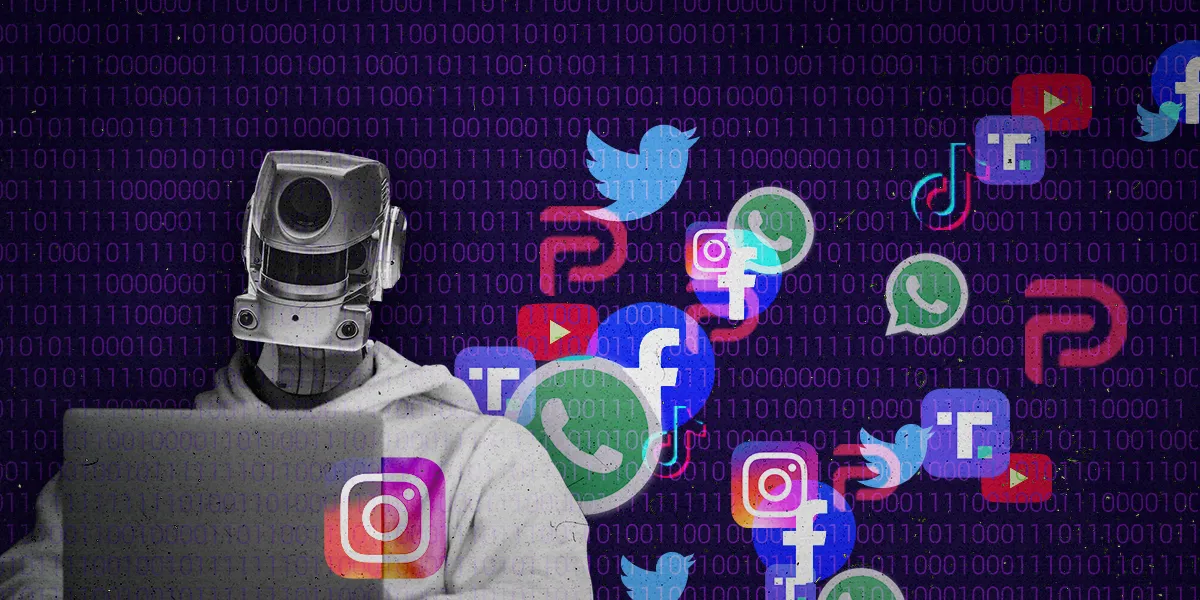How Doctors & Medical Professionals Can Leverage Social Media
In today’s digital age, social media has become an essential tool for professionals across various industries, including healthcare. For doctors and medical professionals, social media presents an incredible opportunity to educate, engage with patients, and build a strong online presence.
Why Should Medical Professionals Use Social Media?
- Patient Education – Social media allows doctors to share accurate health information, debunk myths, and provide medical tips that can benefit a larger audience.
- Enhanced Credibility – A strong online presence establishes trust and positions medical professionals as thought leaders in their field.
- Improved Patient Engagement – Interacting with patients through posts, comments, and live Q&A sessions can help build stronger relationships and encourage preventive healthcare.
- Networking & Collaboration – Social media offers opportunities for collaboration with fellow healthcare professionals and organizations, enhancing professional growth.
- Marketing & Brand Building – Clinics, hospitals, and private practitioners can use social media to increase visibility and attract more patients.
Best Social Media Platforms for Doctors
- LinkedIn – Ideal for professional networking, sharing research, and connecting with industry leaders.
- Instagram – Great for sharing health tips, patient success stories, and behind-the-scenes content.
- Facebook – Useful for engaging with local communities, running health awareness campaigns, and hosting live Q&A sessions.
- Twitter (X) – Perfect for sharing medical news, quick tips, and engaging in industry discussions.
- YouTube – A powerful platform for educational videos, procedure explanations, and patient testimonials.
Strategies for Medical Professionals to Succeed on Social Media
1. Share Valuable & Accurate Information
Misinformation is rampant online, making it crucial for doctors to share credible, science-backed content. Post about common health concerns, preventive care, and medical advancements.
2. Engage with Your Audience
Encourage interaction by responding to comments, answering health-related questions, and hosting live Q&A sessions.
3. Use Visual Content
Infographics, short videos, and patient-friendly diagrams make complex medical topics easier to understand and share.
4. Maintain Professionalism & Ethics
Ensure compliance with HIPAA (or local privacy laws) and avoid discussing patient-specific details. Keep interactions respectful and professional at all times.
5. Leverage Patient Testimonials (With Consent)
Sharing success stories can build trust and encourage new patients to seek your expertise.
6. Stay Consistent
Posting regularly helps maintain engagement and grow your audience. Create a content calendar to plan posts in advance.
7. Utilize Paid Advertising
Platforms like Facebook and Instagram offer targeted advertising to reach potential patients based on location, interests, and demographics.
Common Mistakes to Avoid
- Spreading Misinformation – Always fact-check before posting.
- Ignoring Engagement – Respond to comments and messages to build credibility.
- Over-Promotion – Balance promotional posts with valuable, educational content.
- Not Complying with Regulations – Ensure all shared content adheres to medical and privacy laws.
Conclusion
Social media is a powerful tool for doctors and medical professionals to educate, engage, and grow their practice. By sharing valuable content, maintaining professionalism, and actively engaging with their audience, healthcare professionals can leverage social media to make a significant impact in the medical community.






Leave feedback about this